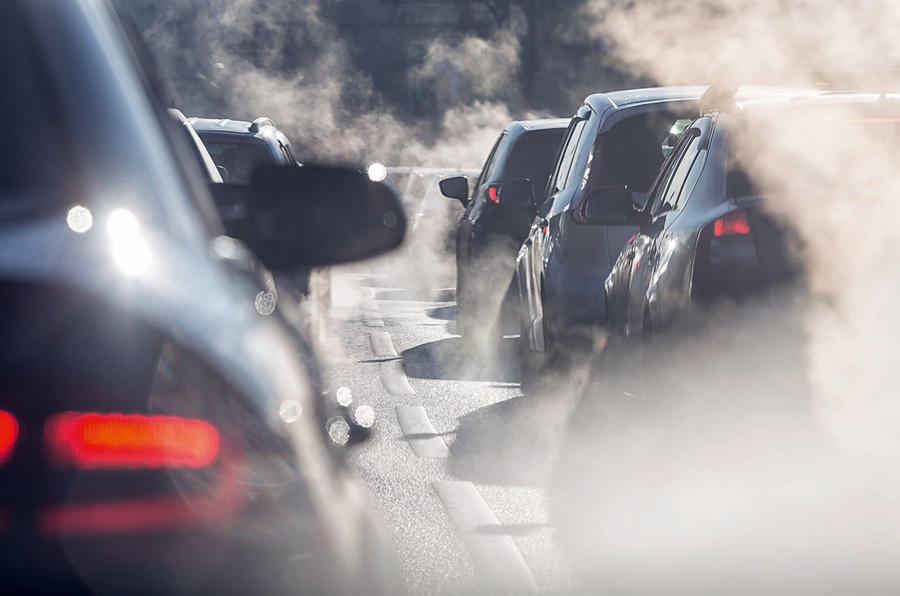As the days of 2020 tick by, so we are getting clearer indications of the scale of the issues facing car manufacturers as they scrabble to avoid potentially massive fines for missing EU emissions targets.
How massive? Put it this way, last week Kia revealed that if you took its 2019 sales and applied 2020's emissions rules to them, it would be left with a 1.6bn euro bill. And, lest you not know, Kia is one of the most advanced makers of electric and hybrid vehicles around, albeit pulled back a smidgen by a swathe of desirable SUVs.
Kia, it should be stressed, is also confident it will not have to pay fines, thanks to a backlog of orders for its EVs and the demand for (and future launches of) a range of hybrids and plug-in hybrids. They are not alone and it is important to stress that many car makers are absolutely confident they will emerge fine-free.
However, a quick look at some of the provisions being made suggests not all manufacturers are completely blase, though (think big German premium car makers, for starters) - although there's always the chance they will get there and that these are just examples of prudent financial planning.
What, though, will car makers do if they they either don't have the product mix to make it to what is loosely referred to as the 95g/km average (the exact figure depends on a variety of factors, including vehicle weights), and don't want to pay any fines?
You may have heard some time ago that Fiat-Chrysler declared that it would be pooling its average emissions with none other than Tesla, as part of a deal that Elon Musk has jokingly referred to as - in part - paying for his planned European Gigafactory. Presumably Tesla is selling its credits for less than the potential EU fines, ensuring both sides are happy.
Insiders suggest, however, that Fiat Chrysler is not alone in this action, and that there are a surplus of Tesla credits being quietly snapped up by other car makers on short-term deals with less public fanfare. How true this is remains to be proven, and this official list of pooling isn't providing any smoking guns.





Join the debate
Add your comment
What happens to the fines?
Just a thought, but presumably the fines are determined by country of sale rather than manufacture - and if so where is the money paid and what happens to it?
If the fine for cars sold in the UK is paid to the EU it seems unfair to Britain - and if the fine is paid to the UK, it would be interesting to know what the government does with it!
The Germans are the most laid
The Germans are the most laid back about these limits, I suppose its just a case of weighing up which fine will be the biggest, the one for exceeding 95g/km or the fine for frigging the engine software to appear below it.
It looks that my sarcasm was too subtle